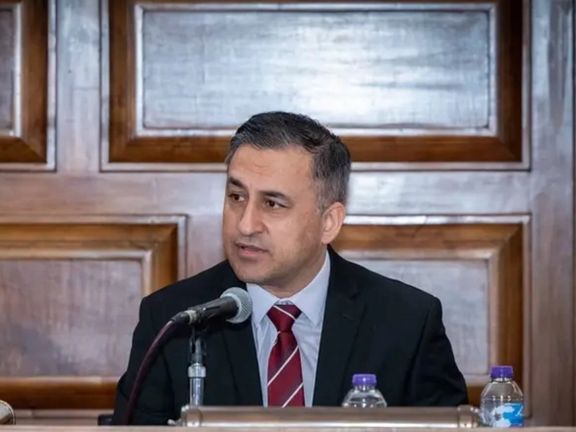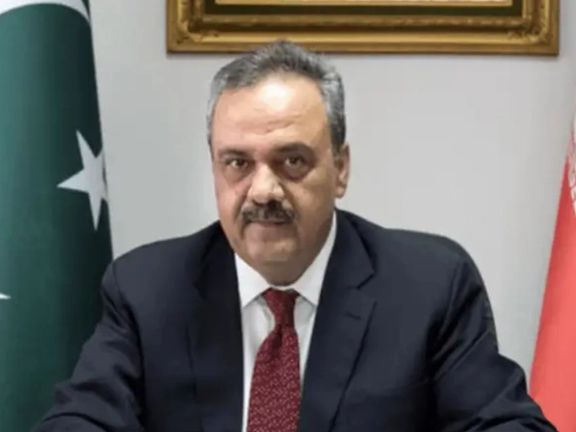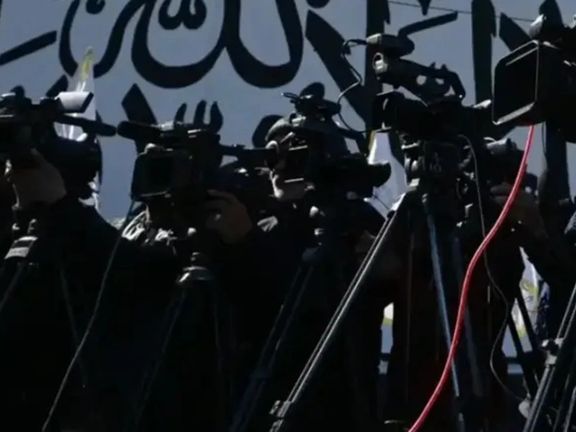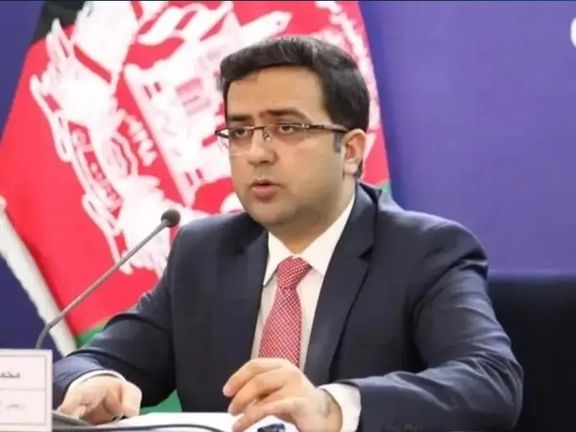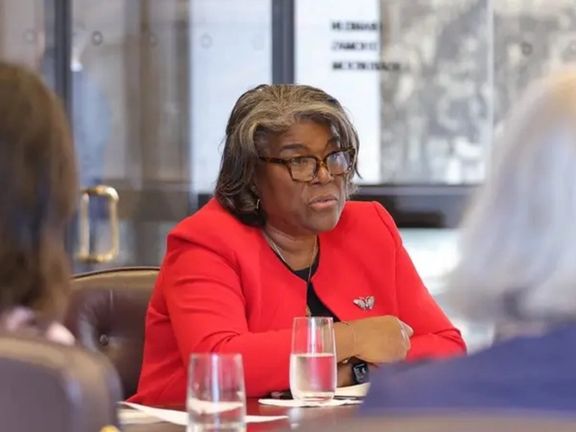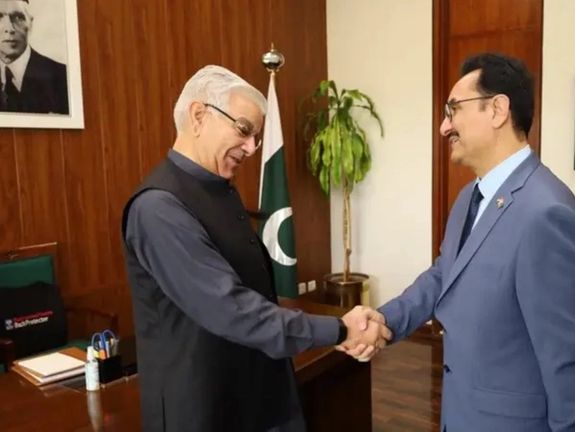According to this new directive, political programs must be pre-recorded and aired only after receiving Taliban approval.
Insiders from Kabul confirmed to Afghanistan International that the Taliban has imposed strict new restrictions on the media. During a meeting on Saturday, September 21, the group instructed domestic media outlets to record their political programs, removing or censoring any content deemed "sensitive" or contrary to the group's policies before broadcasting.
During the meeting between Taliban officials and media representatives, it was announced that no media outlet is allowed to air content critical of the group's policies and laws.
Under the new Taliban directive, the topics for daily political discussions must be approved by the group, and domestic media are no longer permitted to hold political programs without prior Taliban approval.
The Taliban has provided a list of 68 "approved experts" to the media, specifying that only these individuals may be invited to political programs. The group has warned media outlets that no guests outside this list are allowed to be featured in their programs.
Afghanistan International has obtained a copy of this list, which includes several Taliban supporters. The list contains the names of two women, Maryam Ahmadi and Farah Mujahid, along with 66 men.
Prominent names on the list include Saeed Khosti, former spokesperson for the Taliban's Ministry of Interior, and Jafar Mahdavi, a Hazara political activist who supports the Taliban.
Other notable figures include Sayed Zikrullah Hashimi, Abdul Haq Hemad, Mohammad Naser Haqqani, Zalmai Afghanyar, Sayed Akbar Agha, Aziz Stanikzai, Salim Paigir, Zakir Jalali, Shafi Azam, Nazar Mohammad Mutmaeen, Abdul Wahed Taqat, Bilal Fatemi, Abdul Samad Samadi, and several others.
These individuals have supported Taliban policies in the media over the past three years.
The Taliban has warned media outlets that failure to comply with these directives will result in action being taken against the executive editors, broadcasting managers, program hosts, and head of political desks.
